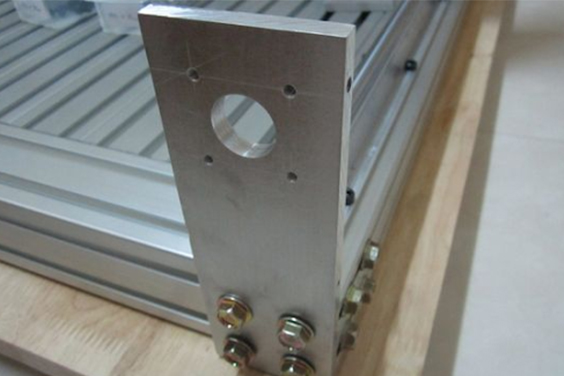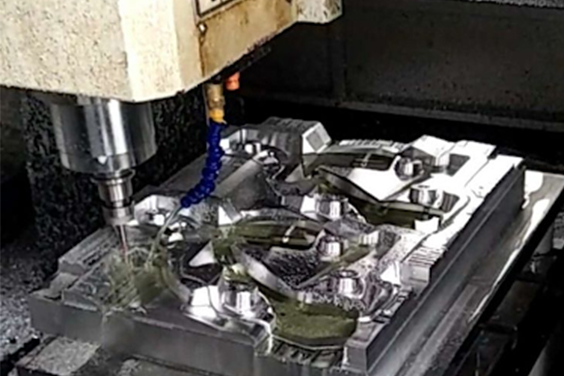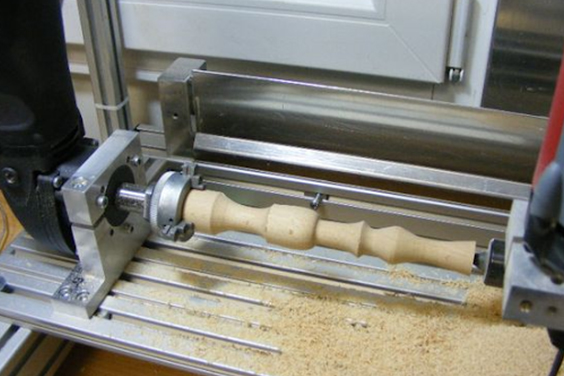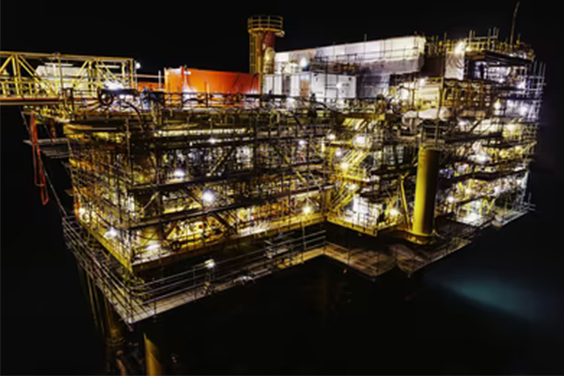CNC Machine Applications in Different Industries
- Home
- > Blog
- > CNC Machine Applications in Different Industries
Share :
Share :
CNC machines can now be found in practically every industry, from tiny businesses to large corporations. The automated CNC machining unit has a hand in almost every aspect of manufacturing. Everybody in the production line should understand what a CNC machine can achieve for them. The demand for CNC programmers has increased dramatically as a result of the widespread use of CNC equipment from distinguished injection mould manufacturers, in numerous industries.
In this article, therefore, we are going to look at the cnc machine, what it entails, the different types and the different industries in which the cnc machines are applied in. Let’s get to it!
What is a CNC Machine?
CNC machining is a cost-efficient and adaptable manufacturing method. This method works with a wide variety of materials. As a result, CNC machining is beneficial to a wide range of industries and uses. This procedure is used in a variety of ways by producers and machine operators. This can be in the form of a direct production procedure, an indirect production procedure, or a combination of processes.
The merits of CNC machining, like any other production technique, determine the kind of tasks for which it can be employed. The advantages of CNC, on the other hand, are desirable in almost any business. They can be used for a variety of parts and goods. CNC machines’ uses are nearly unlimited because they can handle nearly any sort of material.
Kinds of CNC Machining
CNC machining is a dynamic production technology that may be used in nearly every industrial complex. CNC machining can be divided into three categories:
1. CNC Drilling
Drilling is the technique of making perforations in a tough surface in a precise and accurate design. These perforations are usually cylindrical and are created when a CNC machine feeds a revolving drill bit perpendicularly into the surface of the material. Determined by the size of the drill bit, this resulted in similar perforations that are vertically aligned and have equal diameters.
2. CNC Milling
The specialized CNC machine employs spinning several cutting tools to remove components from a workpiece at this phase. The material is fed into the machinery, and the cutting tools are used to cut the workpiece in the corresponding direction. Face milling and peripheral milling are two processes that utilise this method.
3. CNC Turning
This is the technique of removing substances from a revolving workpiece using single-point cutting tools on a CNC machine. The machine feeds the cutting tool along the spinning surface of the workpiece in a linear movement. Until the target diameter is reached, undesirable material is eliminated. This technique is used to create cylindrical components such as threads, tapers, and slots.
Industries that Employ CNC Machine
CNC machining prototype manufacturing is not limited to a particular industry. It is almost universally used. It aids in the production of everything from airplane parts to surgical instruments. As a result, we can classify CNC machining’s uses in various industries. CNC machining is beneficial to the following industries:
1. Automobile Sector
CNC milling machines are frequently used in the automotive sector for prototyping and manufacturing. Machined cylinder slabs, gearboxes, valves, axels, and other elements can be made from extruded metal. CNC machines, on the other hand, convert plastics into parts such as dashboard panels and gas meters.
In the automotive business, CNC machining is also convenient for making one-of-a-kind unique parts. CNC can also be used to make a variety of substitution parts. This is due to the quick turnaround times and the lack of a minimum order quantity.
2. Military Sector
CNC machining is regularly used in the military to prototype tough and durable parts. The goal of the machining is for the parts to be able to resist wear and tear while requiring minimal maintenance.
Majority of these components have use in other industries, including aircraft and electronics. In this sector, CNC machines’ capacity to produce on-demand spare parts and improved elements is extremely useful. As a result, it’s ideal for components that require ongoing innovation and safety.
3. Health-Care Industry
CNC machining can be used on a variety of medically acceptable materials. Because the method is well-suited to one-of-a-kind custom components, it has a wide range of uses in the medical field. CNC machining’s strict tolerances are critical for the optimum efficiency of machined medical parts.
Surgical tools, electronic casings, orthotics, and implants are all CNC machinable medical items.
4. Oil and Gas Sector
The oil and gas sector is yet another sector that needs precise tolerances for safety-critical CNC lathe applications. Precision, dependable components such as pistons, cylinders, rods, pins, and valves are manufactured using CNC milling machines in this industry.
These components are frequently found in pipelines and refineries. Smaller quantities may be necessary to fit specified quantities. Wear -resistant machinable alloys, such as Aluminum 5052, are frequently required in the oil and gas sector.
5. Aerospace Sector
CNC machining has a lengthy history in the aerospace sector. Metal aircraft elements are machined to the highest level of perfection. For safety-sensitive uses, this is vital. Additionally, aerospace engineers have a wide range of engineering metals that are CNC congruent.
CNC machining has a wide spectrum of uses in the aircraft sector. Engine mounting, fuel flow elements, landing gear elements, and fuel access panels are all machinable aeronautical parts.
6. Client Electronics
Client electronics prototyping and manufacturing benefit from CNC machining as well. Laptops, smartphones, and other technological devices are among them. The frame of an Apple MacBook, for instance, is made from extruded aluminum that has been CNC machined and then anodized.
CNC machining is used to make PCBs, housings, jigs, fittings, and other parts in the electronics sector.
Conclusion
CNC machining has a wide range of applications in a variety of industries. Whatever business you work in, there is almost certainly a CNC machining procedure that will meet your requirements. At Immould, we provide a comprehensive selection of high-quality, high-performance, and simple-to-use CNC machining procedures.
Our engineers have received extensive training and have a thorough knowledge of these procedures. Contact us and you will be assured that you will receive excellent service at a reasonable cost.










